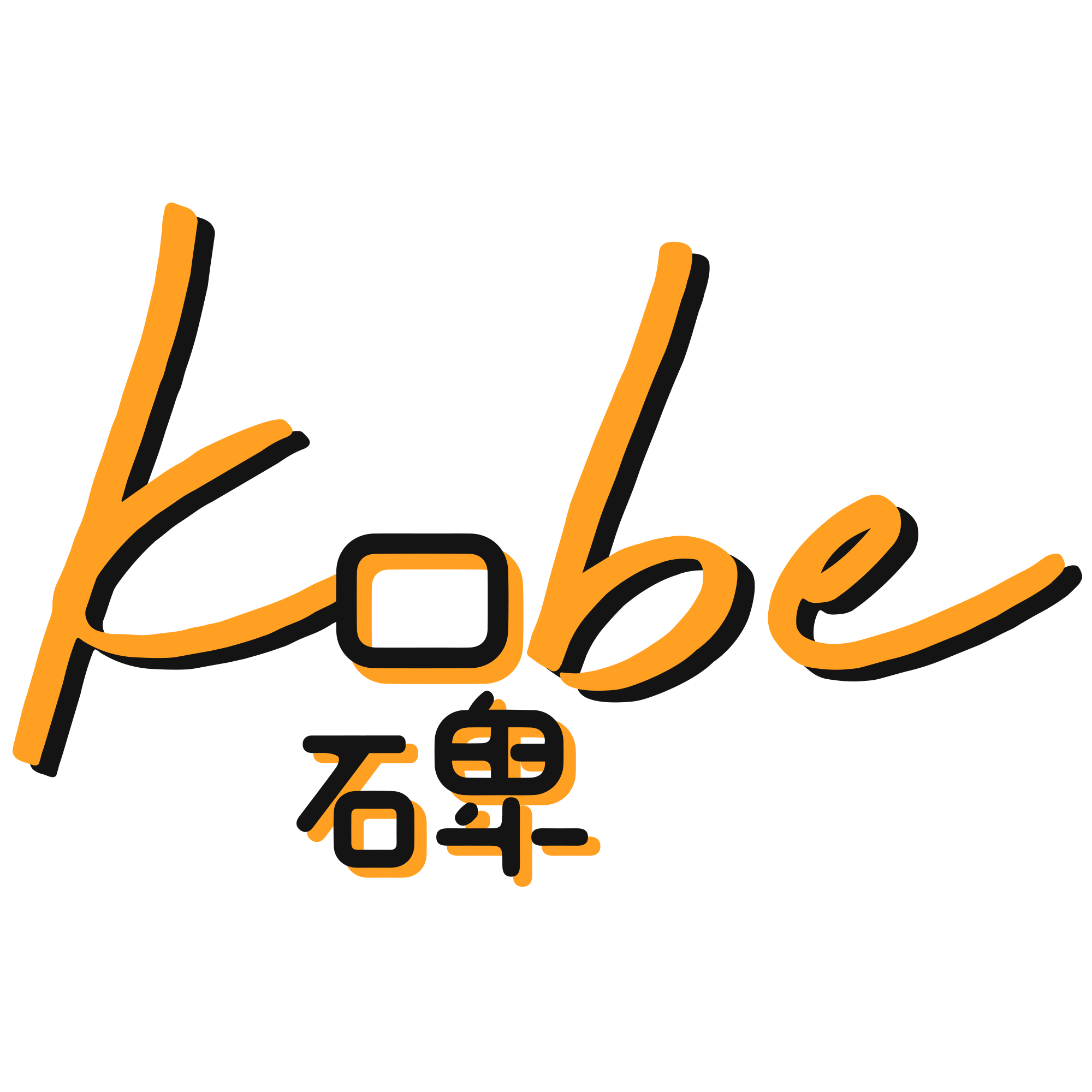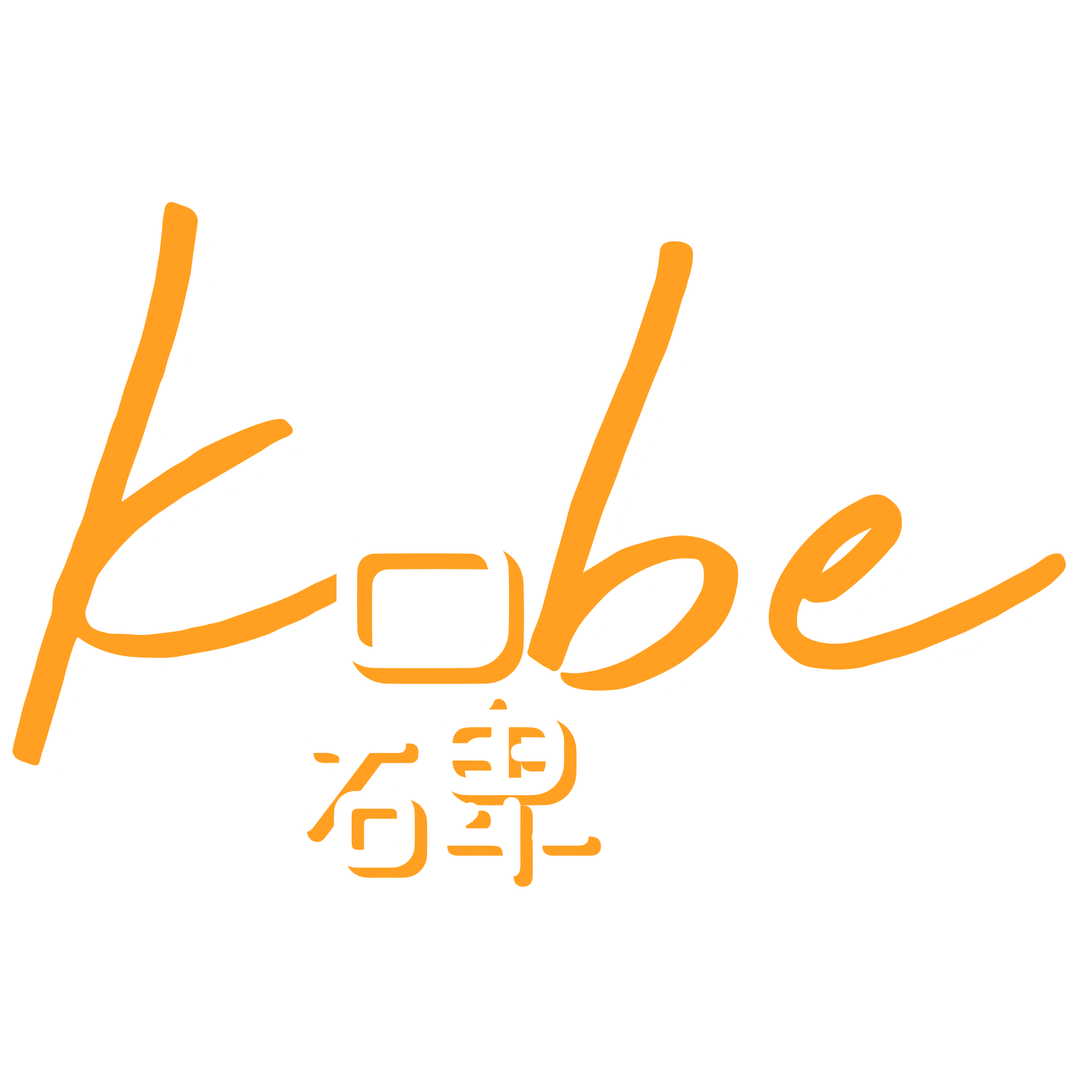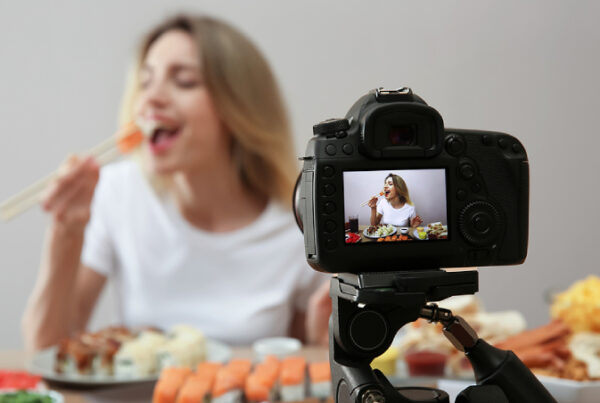In the course of history, marketers have used a range of personalities to strengthen their brand image in marketing campaigns. From cartoon characters to celebrities and even to social media influencers, the marketing industry has collaborated with a fair share of these people.
However, today we will not be touching on the “traditional” personas that you often see in marketing campaigns. Instead, our focus is on a brand new type of influencer – virtual influencers, who are also known as Artificial Intelligence influencers/AI influencers. Some call them digital influencers, or even robot influencers.
While CGI influencers were mentioned as one of the 2021 influencer marketing trends, the topic of virtual influencers has indeed reached new heights. Especially after the use in LG’s keynote event, the #CES2021. The electronics brand invited the virtual influencer, Reah Keem (@reahkeem), gaining the attention of many for their ingenuity.
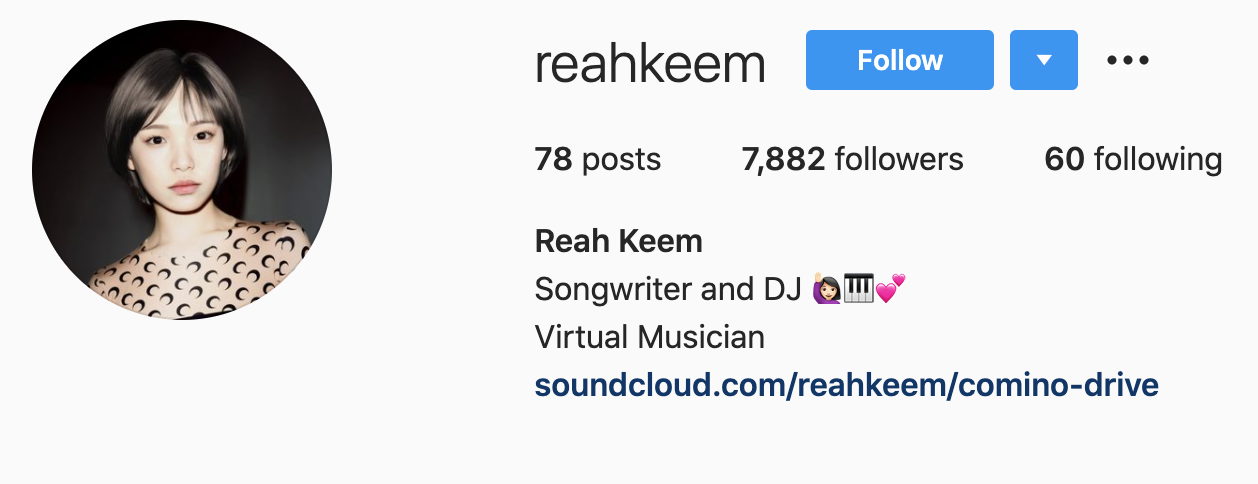
Apart from Reah Keem, there are many other robot influencers. For instance, we have well-known virtual influencer Lil Miquela, who has close to 3 million followers. From hanging out with friends to gracing the covers of magazines, her Instagram account is filled with content that you can expect from any other influencer. She might be an AI influencer, but she certainly is equally successful. From Calvin Klein to Prada, the sheer number of brands she has collaborated with speaks of her popularity.
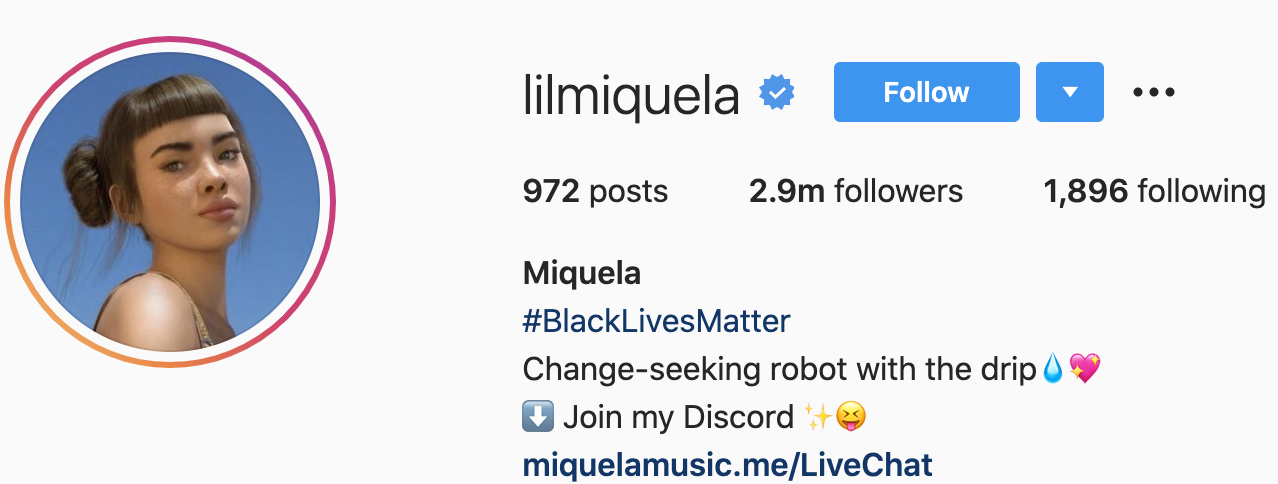
What exactly does a virtual influencer mean? Well, unlike the influencers you might be familiar with, virtual influencers are fictional computer personas. These virtual influencers have realistic characteristics, features and even distinct personalities.
Virtual influencers are usually powered by brands or companies with an interest in technology. The beauty of it all is that companies are able to customise the look, speech and even personality of the influencers. This means that these influencers can be tailored to the company’s branding.
Although the use of these influencers is not very common, it is deemed to be a 2021 influencer marketing trend and is expected to reach new heights this coming year. In fact, according to the latest statistics by Statistica, 40% of respondents have indicated that a virtual influencer had an influence in their purchase of a product. Therefore, if you think these AI influencers will not work as they lack the human touch, think again. With the right tools and a clear campaign goal, virtual influencers can be very helpful in any marketing campaign.
Therefore, today we will be talking about some common benefits of virtual influencers. How are virtual influencers different from our usual influencers and how can we stand to benefit? These are some of the points this article seeks to answer.
Benefits of using virtual influencers: #1. The flexibility involved

Firstly, one of the most apparent benefits would be the flexibility that brands have when it comes to the use of virtual influencers. Given that these influencers are created with technology, they are a blank canvas that can be tailored to the specific marketing needs of the brand.
The virtual influencer’s persona can be a great way for a brand to communicate its branding. With the advancement in technology, brands today have the ability to use social listening tools and AI curators to shape an influencer’s personality to reflect what the brand stands for.
Furthermore, an influencer’s online persona determines the type of audience that they will attract. Therefore, apart from strengthening branding, AI influencers can also be a bridge between brands and their intended target audience. Whether you decide to use AI influencers as your brand ambassador, or to use them as an engagement tool, AI influencers offers the much needed creative flexibility.
Benefits of using virtual influencers: #2. A potentially safer option

Secondly, a benefit to using AI influencers would be that they are scandal-free. While most influencers are drama-free, there are times where negative news can spread unintentionally.
On the other hand, these robot influencers do not have this issue. The lack of negative media attention in the form of scandals can be extremely helpful to brands. After all, no brand would wish for a scandal of one their ambassadors to erupt which could potentially damage brand image.
Benefits of using virtual influencers: #3. An extension of brand image

Using influencers to strengthen brand image is nothing new. This explains why brands tend to approach influencers who have an image that is similar to what the brand wishes to portray.
Similarly, if your brand is targeting the tech-savvies or in the electronics industry, the use of AI influencers is a good way to strengthen your brand’s image.
Benefits of using virtual influencers: #4. Relevance
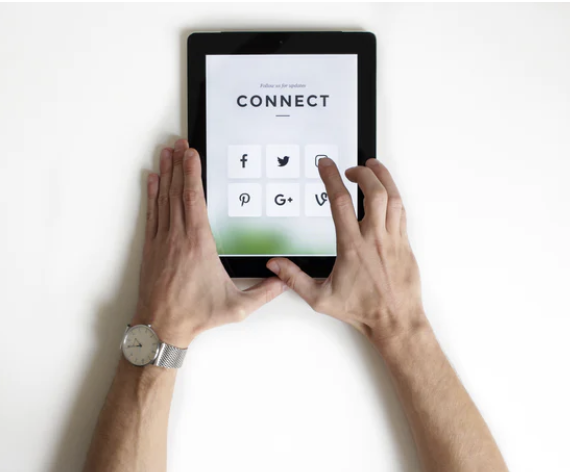
Fourthly, the key to influencer marketing is a relevant campaign. This will mean finding relevant influencers and tailoring the content to your company’s audience. The use of virtual influencers allows room for creativity.
Collaborations with virtual influencers will award your brand the creative freedom it needs. Furthermore, you can tailor the type of virtual influencers to suit your brand image. Therefore, virtual influencers could be the solution to creating a relevant influencer marketing campaign.
Benefits of using virtual influencers: #5. General benefits

Last but not least, AI influencers benefit all of us. It signifies the technological advancements that have been achieved in social media marketing and also serves as a reminder of the endless creativity there is on the internet.
In fact, it might not be wrong to say that the future of influencer marketing lies in technology. The rise of virtual influencers might mean a more competitive social media marketing environment. However, competition that value adds and encourages brands to think out of the box is always welcomed.
Conclusion
In a nutshell, virtual influencers provide the influencer marketing industry with many new options. That being said, it is unlikely that “‘traditional’ influencers are likely to disappear anytime soon. Instead, you can use virtual influencers to complement your existing influencer marketing strategy.
